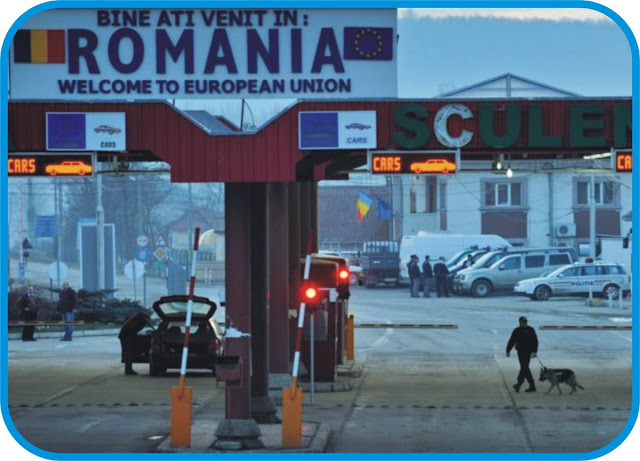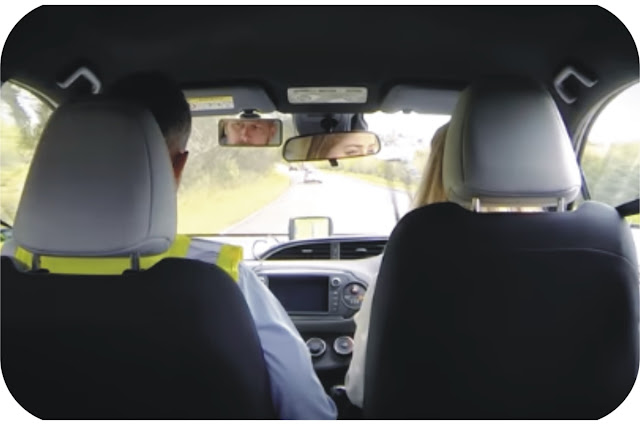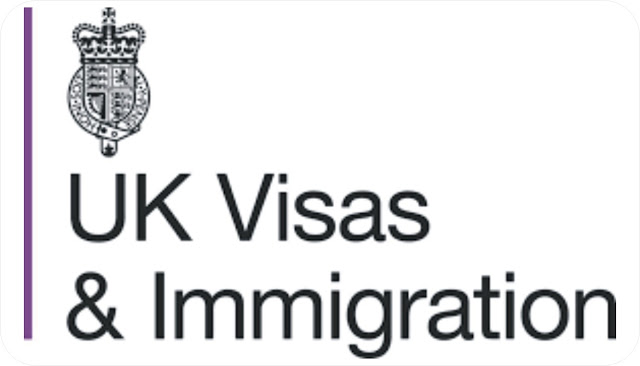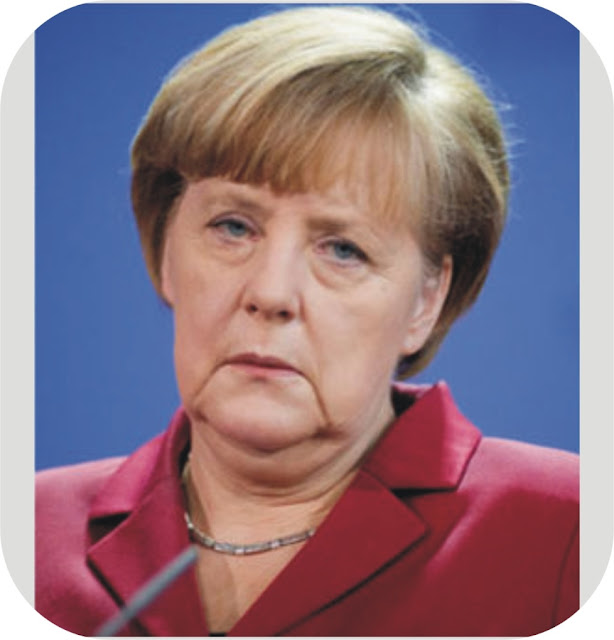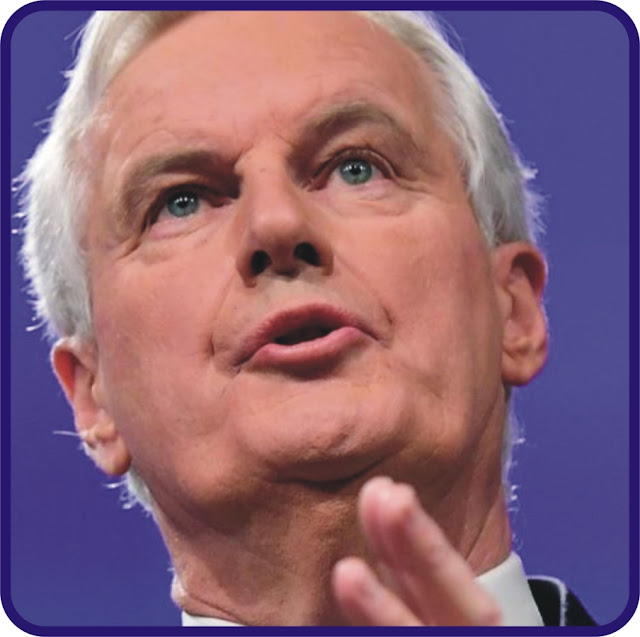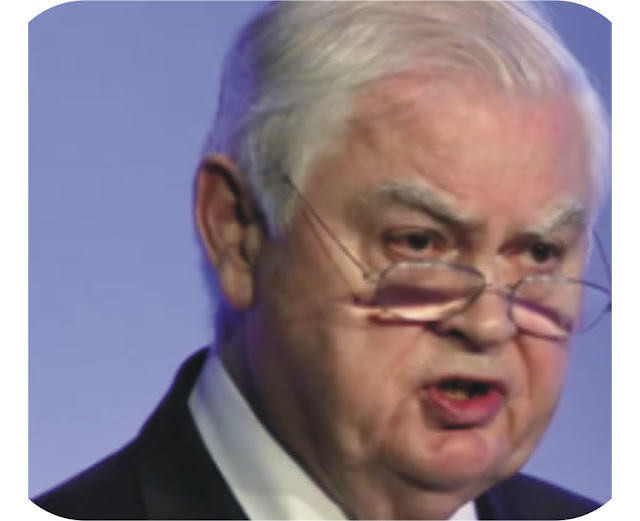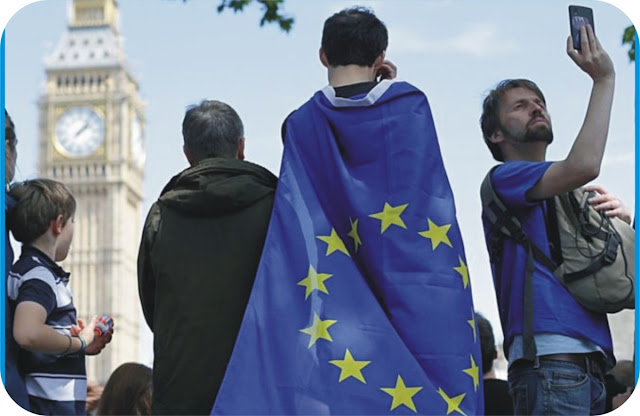
Brussels finalising plans to side-line Britain from multi-million pound contracts
In an attempt to bring fulfil the some of the anticipated
threats planned against the UK as after voting to leave the bloc, it has been
reported that Brussels is beginning to deliberately shut out British firms from
taking part in multi-million pound contracts, even as they make efforts to dissuade
companies away from Britain.
According to the report, leading European Commission
officials have told staff to avoid “unnecessary additional complications” with
Britain before 2019, an internal memo seen by the Financial Times has found.
In the same vein, the frantic appeal for EU major players
have told staff to encourage UK-based private businesses to get ready for the
“legal repercussions” of Brexit and the need “to have an office in the EU” once
Brexit talks are concluded in order to maintain their operating permits.
As if that is not enough, report also has it that some
agencies are being threatened of being disconnected from delicate databases the
same day formal exit is done by the UK.
One week after the Prime Minister, officially invoked
Article 50, there was a note sent from the commission, which spelt out how the
UK out on cash and influence, despite retaining legal rights and obligations of
formal membership.
The agencies involved in the commission were cheered to
“take account” of the fact Britain may be a “third country” within a period of two
years, including when appointing staff and awarding contracts worth billions of
euros for research projects or services.
The note read: “Apart from the legal requirement for a
contracting party to be established in the EU, there may be political or
practical reasons that speak in favour of contracting parties established in a
specific member state, not only at the conclusion of the contract, but also
throughout the duration of the contract.”
The note which was allegedly sent by senior staff and signed
by Alexander Italianer, the commission’s secretary-general; Martin Selmayr, the
president’s chief of staff; and Michel Barnier, the EU’s Brexit negotiator.
It comes as Brussels chiefs said there will be no freeze on
EU spending through structural or regional funds, as these are implemented
through UK authorities rather than the EU.
The note added: “In the absence of certainty about
arrangements (if any) for a future relationship, commission services and
decentralised agencies should start considering the practical aspects of
disconnecting access from non-public databases hosted by EU bodies.”
Agencies should brace themselves for bumpy Brexit
negotiations, the note hinted, and that Britain may be cut from shared EU
information such as crime-fighting and asylum databases.
